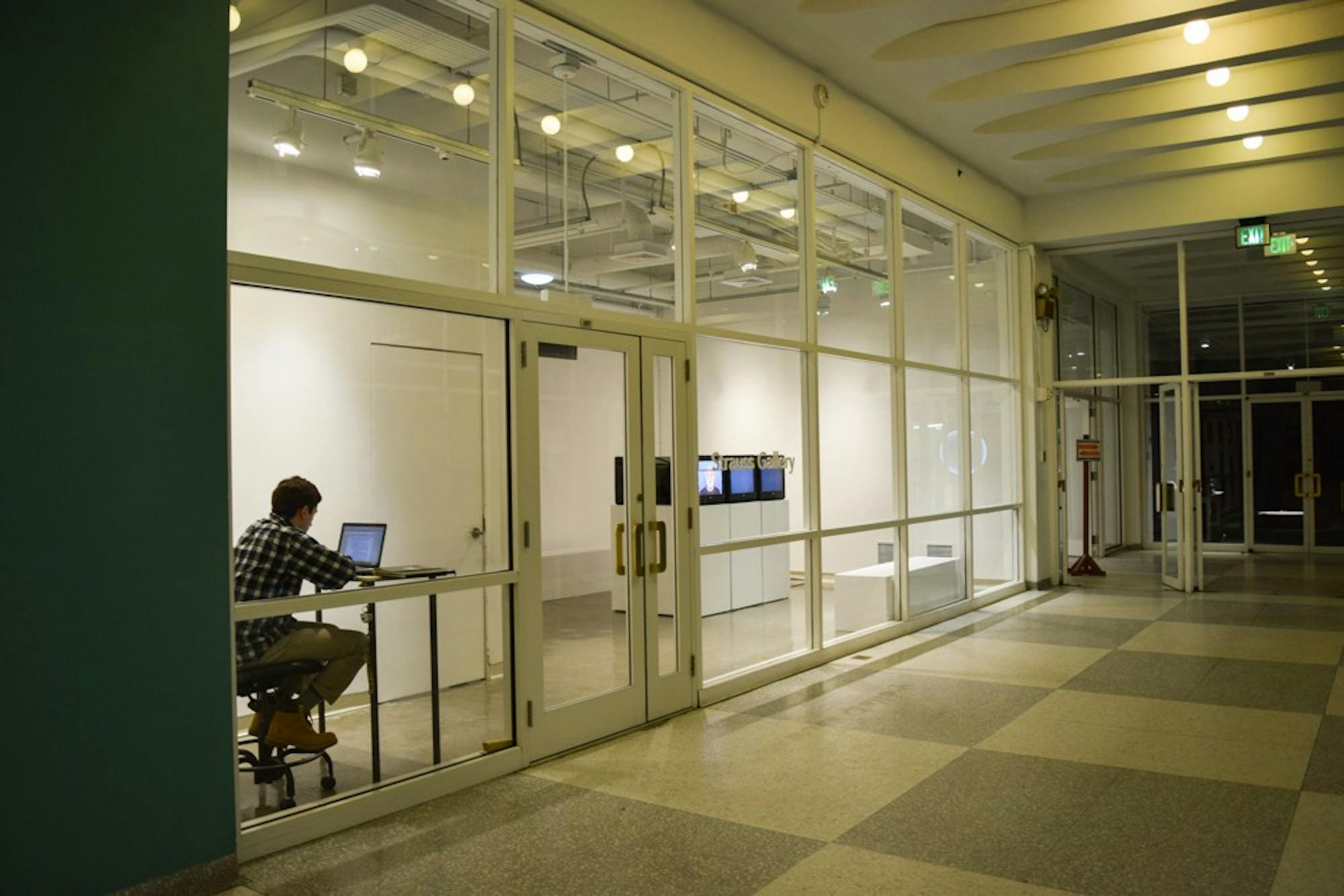On March 19, the College increased the hourly minimum wage for all non-union student workers to $16.25 from $11.50, an adjustment first announced by the Student Employment Office in a March 3 email. Students and employers reacted positively to the pay hike but expressed some hesitation about the change.
The new minimum wage represents an approximate 40% increase from the previous minimum wage, an increase that was calculated by matching the same percentage increase that student dining workers received, according to College spokesperson Diana Lawrence.
Liz Mackey, the director of the Student Center for Research, Writing and Information Technology, said she believes that Dartmouth is moving in the right direction with the pay increase. However, Mackey noted that the change has disrupted RWIT’s standard financial operations.
Mackey explained that RWIT runs on a tiered payment system, in which new tutors get paid less than experienced tutors, called Junior Staff, who often take on additional administrative and educational responsibilities. While RWIT previously had three tiers that ranged from an hourly wage of $13 to one of $16, the pay increase has forced her to convert all student hourly wages to $16.25.
“I’m more than happy to pay students more,” Mackey said. “I wish I could pay them [even] more … But the problem I’m running into is whether it’s $16.25 an hour or $19.25 an hour; either way I’m going to be over budget.”
According to the SEO website, the student employment budget — which is not released online — can accommodate budget overages in the fiscal year 2023 for departments currently paying a student hourly wage under $16.25; fiscal year 2024 budget impacts have yet to be reviewed. But Mackey noted that even her fiscal year 2023 budget does not permit her to pay students who “deserve more” a wage commensurate with their work.
The SEO website offers guidelines for a recommended hourly rate when employers assess their new student wages. Under these guidelines, longevity increases for returning hires amount to a 2% increase every other term, barring unsatisfactory performance. But the website notes that “all wages and wage increases are subject to the availability of funds within the department.”
Chief Financial and Operations Officer for the Arts and Sciences Maria Anderson declined to comment.
Sophie Saraisky ’25, an RWIT tutor, noted that student pay at Dartmouth is often fraught with tension, as students fight for pay they feel is warranted in light of the work they are doing.
“I think that students do a lot to contribute to the Dartmouth community, and that sort of reciprocal relationship isn’t always acknowledged by the administration,” she said. “Just from an ethical standpoint in terms of reciprocity, I think [the pay increase] is great.”
Saraisky noted that the new hourly minimum wage better reflects the effort she puts into her work as an RWIT tutor, more so than her previous base rate wage of $13.
“I think I can speak for most, if not all, other RWIT tutors on this,” Saraisky said. “I really care about the work that I do, and I actually really like tutoring people, and [I] try to put a lot of effort into it. The wage increase sort of reflects that a little bit better than what we were being paid before.”
Jonas Rosenthal ’25, a student employee in the book arts studio, said that the pay increase is necessary in light of expensive Hanover living costs and rising inflation that pose difficulties for many students.
“For a lot of students … student jobs are really necessary for them to be able to come to Dartmouth,” Rosenthal said. “It’s really important. I definitely agree with those who are saying that student wages hadn't been in line with the rising cost of living and rising inflation.”
At the same time, Rosenthal said the increase does not have the same impact on him as it does for students like Saraisky who were working for a lower wage. Prior to the increase, Rosenthal said he made an hourly wage of $15 due to added responsibilities like hosting open studio sessions and poster making.
However, Mackey noted that the blanket pay increase might end up affecting student workers with more experience and responsibility.
“If there is not a pay structure where there’s higher pay for a higher level or more experience, does that mean that I have to reduce the number of employees I have?” Mackey said. “And I don’t know the answer to that question.”
According to Mackey, the recent pay increase for student workers has sparked some backlash among non-student workers, who face the same constraints of living in Hanover but have seen their wages stagnate over the last several years.
“For the staff who are not students, their pay rates have not increased,” Mackey said. “I think that’s pretty hard for a lot of staff to stomach when they actually have to pay mortgages, live in this area and pay for [their] families.”
According to Mackey, the Dartmouth library staff has started to plan unionization efforts to campaign against their wage stagnation.
Update (March 29, 6:44 p.m.): As of Thursday night, Mackey received permission from the College to maintain her tiered payment system.




